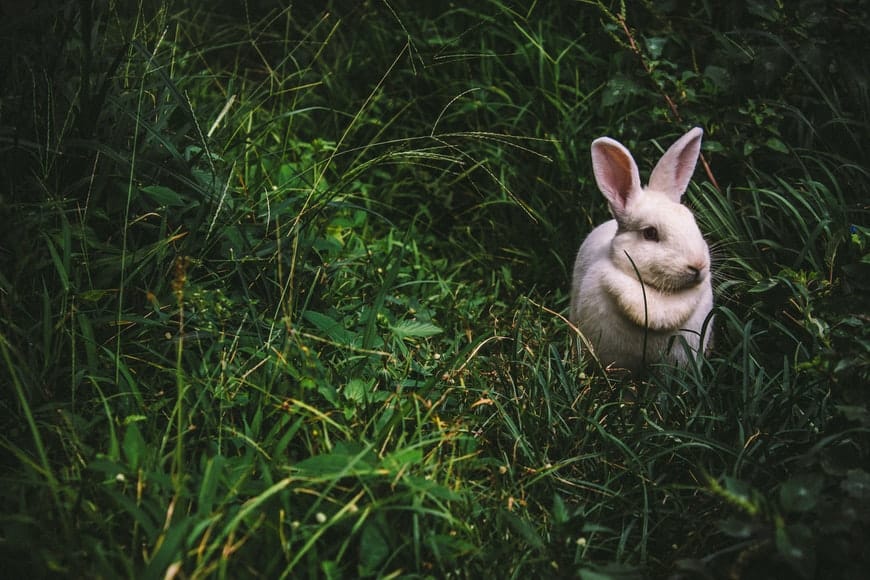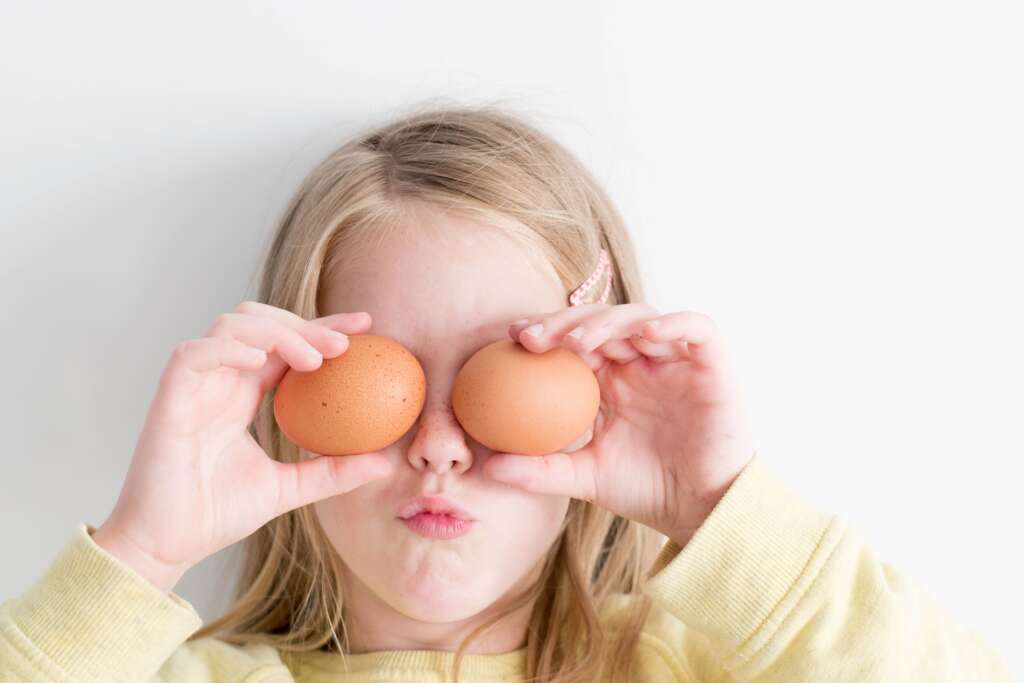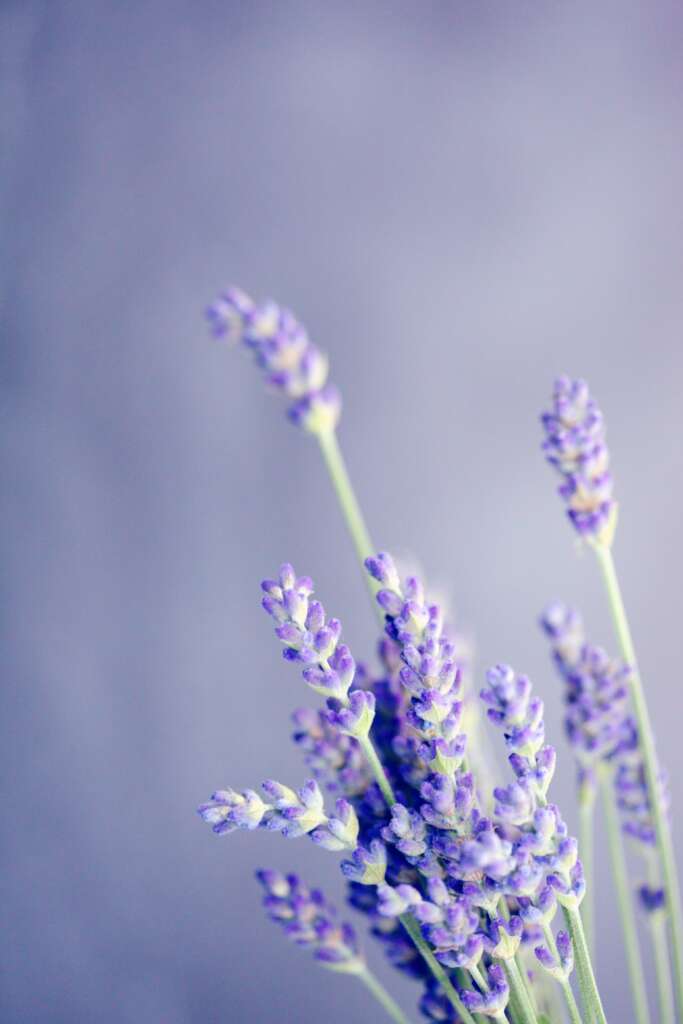Easter Sunday is traditionally a day for celebration; a day when sacrifice is over and indulgence is not just allowed, but encouraged!
In Ireland, festivals like Lá Fhéile Bríde and Imbolc are associated with the renewal that Spring brings, and traditions associated with the Christian holiday of Easter festivities continue to this day.
In this blog post, we give you some tips for a Sustainable Easter.
Have a look at these suggestions for an Eco-Friendly Easter: How to get the most out of Easter, without negatively impacting the environment.
1. If you decorate, do so sustainably
Instead of buying plastic decorations, think about what sustainable alternatives you can avail of. Ireland is one of the world’s top disposers of plastic waste – but it doesn’t need to be this way. Rather than buying plastic eggs for egg hunts, look at wooden, felt or other alternatives (you can make many of these yourself) or use real eggs. Fun, decorative Easter baskets can be made at home, from paper shopping bags or other materials, or can be bought second-hand. When decorating eggs, consider using natural dyes made out of food items in your kitchen, as these have minimal environmental impact when compared with synthetic dyes.
Consider decorating with plants and other natural materials. For example, baskets can be lined with dried leaves from your garden – or with household materials like shredded paper, wool, ribbon or other fabric. Finally, it’s always better to buy organic, free-range eggs. Free range hens experience better welfare than their caged counterparts, and organically produced food has a smaller environmental impact.
2. Minimise packaging
The level of plastic in our environment has reached damaging levels. Easter eggs, gift boxes, decorations and other holiday paraphernalia can result in huge amounts of plastic waste. Instead of buying into the plastic trend, opt for minimum or zero-waste chocolate eggs and treats. Consider making a chocolate dessert from scratch, rather than buying several packaged eggs.

3. Buy ethically sourced, fair-trade chocolate
Chocolate which has ethical, sustainable origins is better for people and planet. Look out for fair trade chocolate, or fair trade equivalent, when stocking up on the main star of the day. There are a variety of delicious fair trade chocolate options to choose from, and they are likely to outshine their non-sustainable equivalents. Buying ethically doesn’t have to be expensive either – there are many examples of affordable fair trade chocolates on the Irish market.

4. Celebrate with a vegetarian feast
Traditionally, meat was eaten on Easter Sunday, given that people avoided meat in the lead up to Easter Sunday. However, a feast doesn’t necessarily have to revolve around meat. See these ideas for a plant-based Easter feast.
If meat is important to you on Easter Sunday, buy locally raised, organic, free-range meat where possible.

5. Avoid food waste
Irish households produce over 250,000 tonnes of food waste annually, at a cost of €700 per household, and food waste contributes 8 to 10 per cent of global greenhouse gas emissions. Rather than letting them go to waste, use leftover hard-boiled eggs in recipes like these. Compost shells, or use them as a fertiliser in your garden. Be sure to use leftovers, and compost anything that can’t be used otherwise. Food waste can also be used to create dyes, as mentioned above.
6. Finally, get out and about and enjoy the beauty and bounty that springtime nature brings!
Listen for the sounds of migratory birds that return to Ireland around this time, like the Chiffchaff. Watch out for emerging buds, for birds building nests, and for springtime wildflowers (like Primrose, Cowslip, Wood Anemone, Lesser Celandine and Dandelion).
Get kids out and about, and familiarise them with the renewal – in sights, smells and sounds – that spring growth brings.

